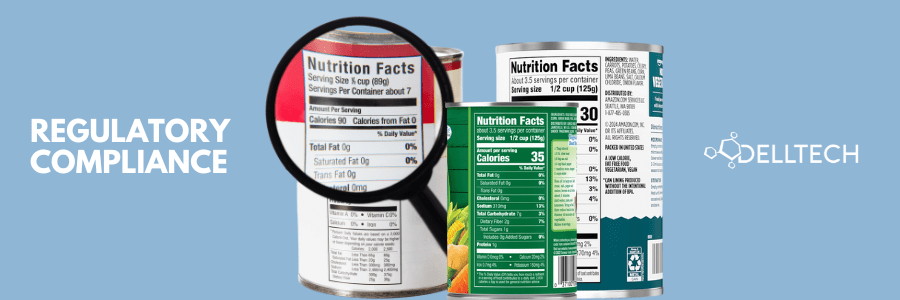The Biocides Regulations came into force on May 31, 2025. This means that now, all new surface disinfectant and sanitizer submissions must be filed under the new regulations administered by Health Canada’s NNHPD.
Registrants of DIN and PCP registered surface disinfectants and sanitizers will have four years to transition products to the new regulations. However, it has recently come to our attention that a current comparison DIN can be transitioned to a Biocide WITHOUT the Master DIN requiring transition first. But any NEW comparison product (which does not have a current DIN) requires the Master to be transitioned to a Biocide first.
If you are looking to have new customers register new Biocide using the comparison product stream with your old Master DIN product, you will need to have your old Master DIN transitioned FIRST. NNHPD will reject an application otherwise.
Please reach out to Dell Tech if you require any assistance with these new Biocide requirements. We can help you with your registration and submit all required documents in the required new Dossier structure and format and keep you abreast of any other updates to the regulations and guidance.
DELL TECH HAS PROVIDED PROFESSIONAL, CONFIDENTIAL CONSULTING SERVICES TO THE SPECIALTY CHEMICAL INDUSTRY IN CANADA, THE USA, EUROPE AND ASIA FOR THE LAST 40 YEARS.
[INSERT_ELEMENTOR id=5705]




